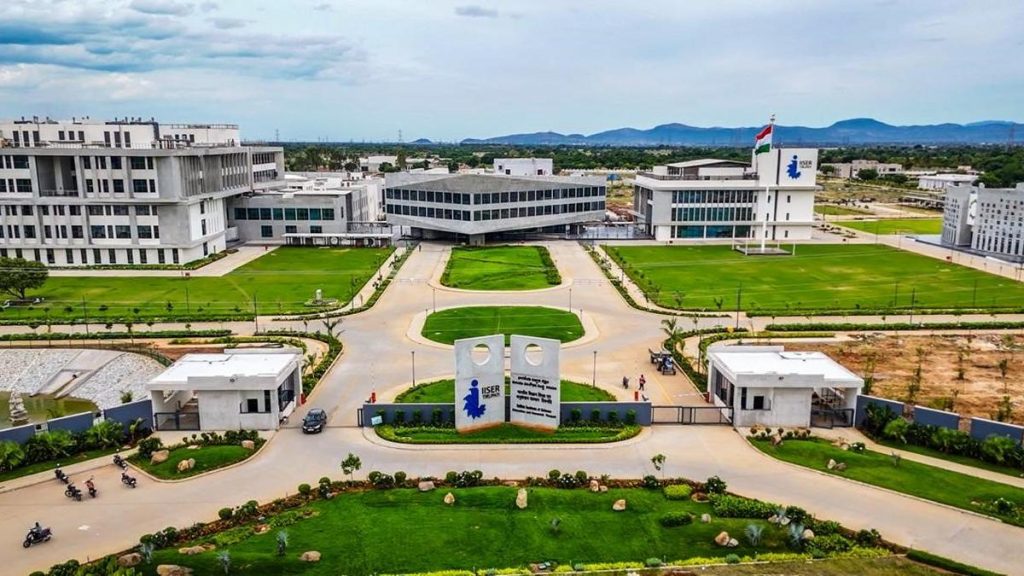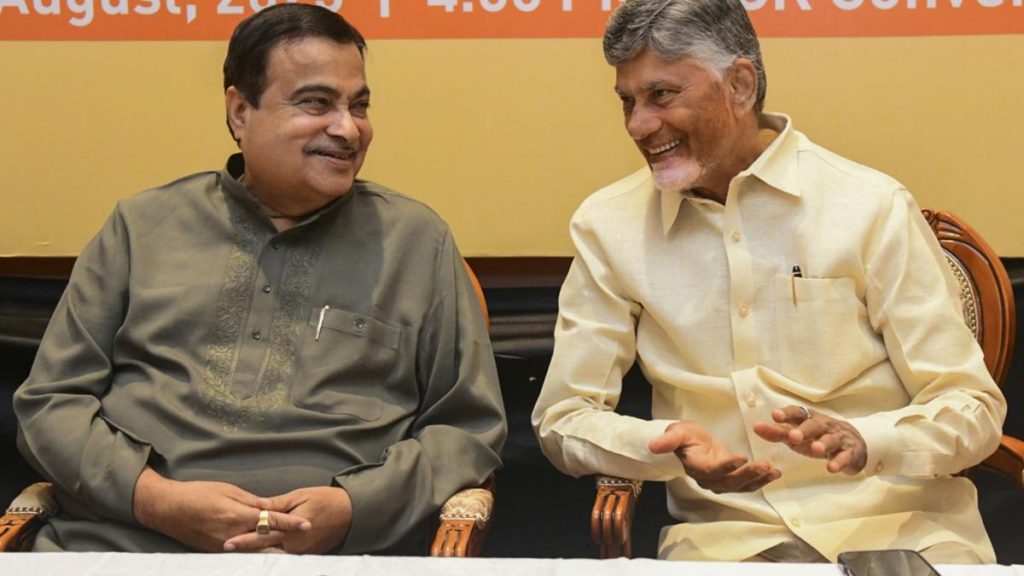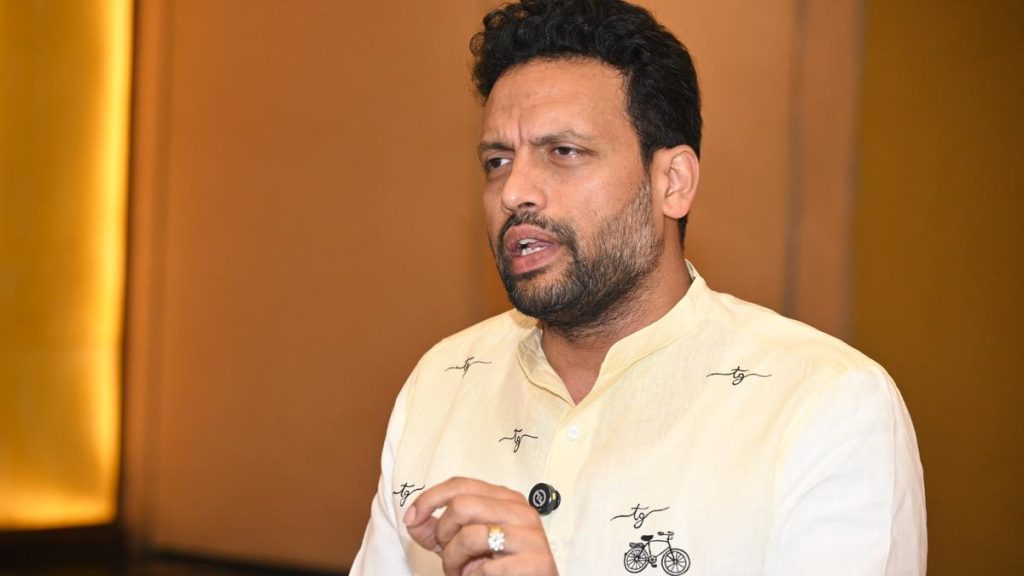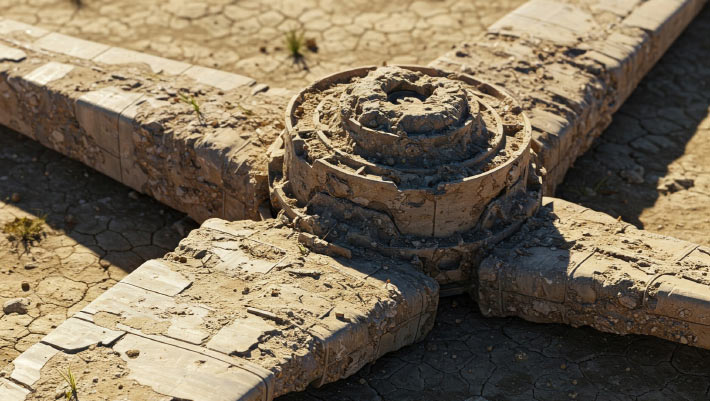Now Reading: Study Reveals Modern Humans Trace Origins to Two Ancestral Groups
-
01
Study Reveals Modern Humans Trace Origins to Two Ancestral Groups
Study Reveals Modern Humans Trace Origins to Two Ancestral Groups
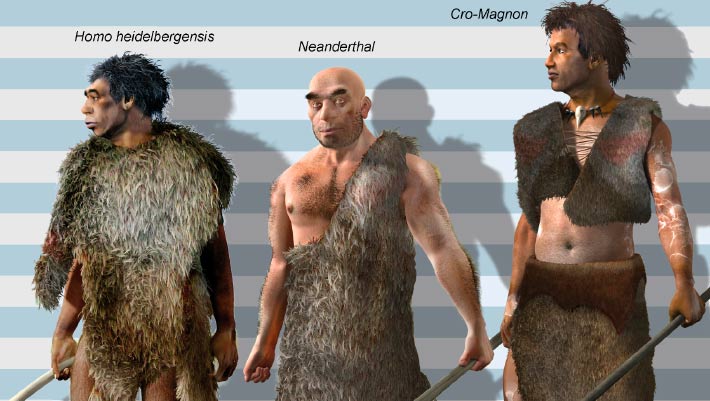
Rapid Summary
- Prevailing Theory: Modern humans (Homo sapiens) were believed too have originated in Africa 200,000-300,000 years ago from a single lineage.
- New Findings: Research by the University of Cambridge suggests modern humans arose from two ancestral populations diverging 1.5 million years ago adn merging through admixture around 300,000 years ago at an 80:20% ratio.
- Genetic Contribution: This ancient genetic mixing event contributed significantly to the modern human genome – roughly ten times more than Neanderthal DNA (~2%).
- Methodology: Scientists used a computational algorithm called cobraa applied to global human genetic data (from the 1000 Genomes Project). No physical ancient DNA was extracted for analysis.
- Bottleneck Effect: After the initial split between populations, one group underwent severe reduction in size before growing over approximately one million years – becoming the source of most modern human genetics and ancestral Neanderthals/Denisovans.
- Minor Genetic Contribution Significance: genes related to neural processing inherited from the minority population may have played an vital role in human evolution despite constraints imposed by purifying selection processes.
- Candidates for Ancestral Populations: Fossil evidence points to species like Homo erectus and Homo heidelbergensis,although more research is needed for confirmation.
Quotes:
- Professor Richard Durbin: “Our evolutionary origins are more complex… involving different groups that developed separately for more than a million years.”
- Professor Aylwyn Scally: “Immediately after [their] split, [one population] shrank… before slowly growing over a period of one million years.”
Published in Nature Genetics, this study highlights new computational approaches to understanding deep ancestry.
Indian Opinion Analysis
This breakthrough underscores how advancements in computational genetic modeling are refining our understanding of human origins beyond traditional fossil-based theories or linear ancestry models. India’s rich archaeological sites and diverse population structure could offer meaningful insights into global genetics as this research methodology evolves further.
The study also demonstrates how examining past genetic admixtures can address broader anthropological questions about cultural exchanges among early humans-knowlege that impacts ongoing debates around migration patterns shaping South Asia specifically.
India’s scientific community could explore using similar algorithms on region-specific genomes like those found in underrepresented populations across India or analyze indigenous markers unique to its subcontinent’s prehistoric culture trails-providing scope for novel discoveries akin to this study.
For additional details on this groundbreaking research:
Read More


